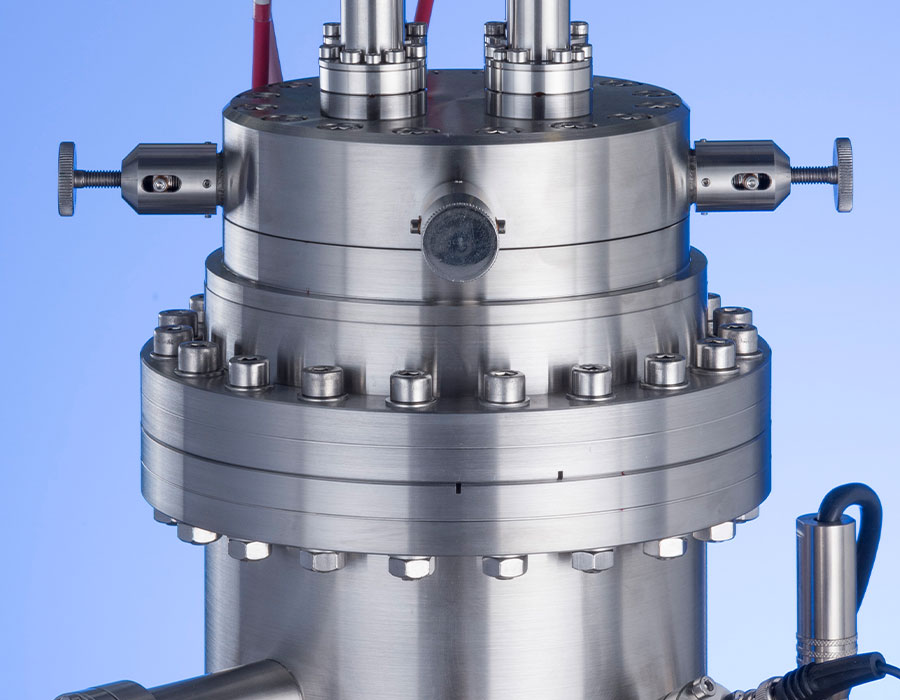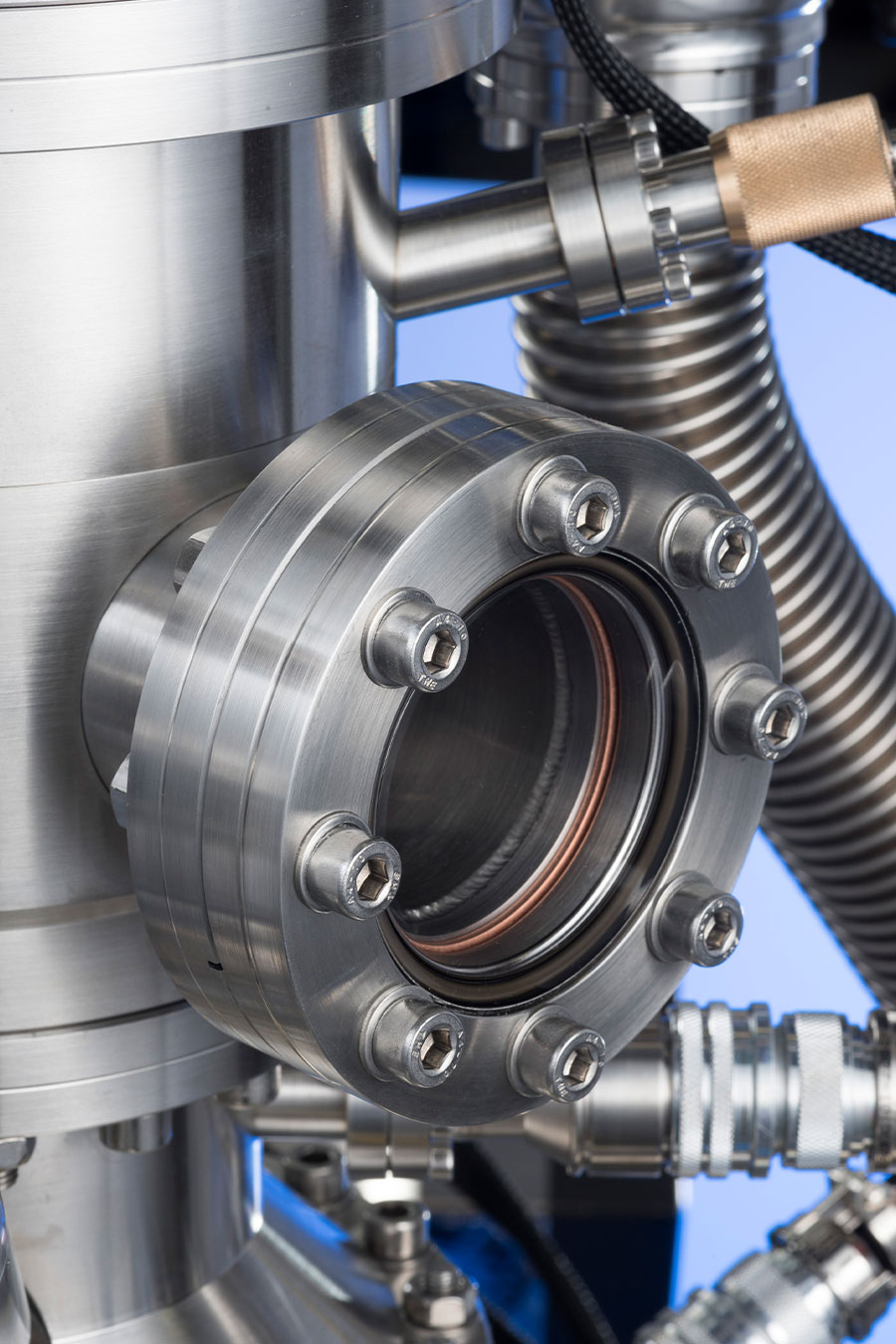Quantum Science
PROVIDING QUANTUM BREAKTHROUGHS
Ion Beams Instruments for Quantum Science
Quantum computing is widely considered to represent the next great frontier of science. Potential applications of quantum technologies are vast and diverse. From healthcare and medicine to communications through security and financial markets, it is set to transform the way we work and live. Market forecasts suggest that the UK alone will spend £2.5 billion on quantum technologies in the coming years. Harnessing the properties of Ion Beams for quantum science applications is a crucial part of this development.

FIB SUPPLIERS FOR QUANTUM SCIENCE
Quantum Science Applications
A major bottleneck in the development of quantum technologies is the production of quantum bits (qubits). These are the building blocks of the quantum computer. Around 20 different methods currently exist for this, but there is no clear industry leader.
Many techniques currently existing require extreme conditions, such as controlling temperatures as low as -273C. Others are lengthy processes, sometimes taking several months to build a qubit. As quantum devices require thousands of qubits, this represents a significant challenge.
You can find out more about the methods used to overcome challenging conditions by visiting our Techniques page.
SPECIALISTS
How Ion Beam Technology Can Help to Create Qubits.
One of the accepted methods for creating qubits is through ion implantation. This is a process in which a single metal or gaseous ion is implanted into a substrate such as a diamond. At Ionoptika, we have developed a specialist single ion implantation unit called the Q-One.
You can find out more about the Q-One by following the link below.
What does the Q-One offer?
The Q-One enables deterministic single-ion implantation. This, in turn, allows for high detection efficiency, excellent source stability, and an increased range of chemical elements to implant for different quantum applications. Ionoptika’s Q-One is also the only instrument specifically designed to meet the demanding requirements of quantum research.
The Q-One has excelled in various research fields. You can learn more about this by reading one of the publications below.

“At this point in time I still do not know of a competing instrument with the capabilities provided by the Q-One product and would like to offer my praise for the instrument that Ionoptika have designed and built to our requirements. It has been and continues to be a great pleasure working with your team at Ionoptika on such a collaborative venture.”
Professor Roger Webb Director of Surrey Ion Beam Centre, University of Surrey

